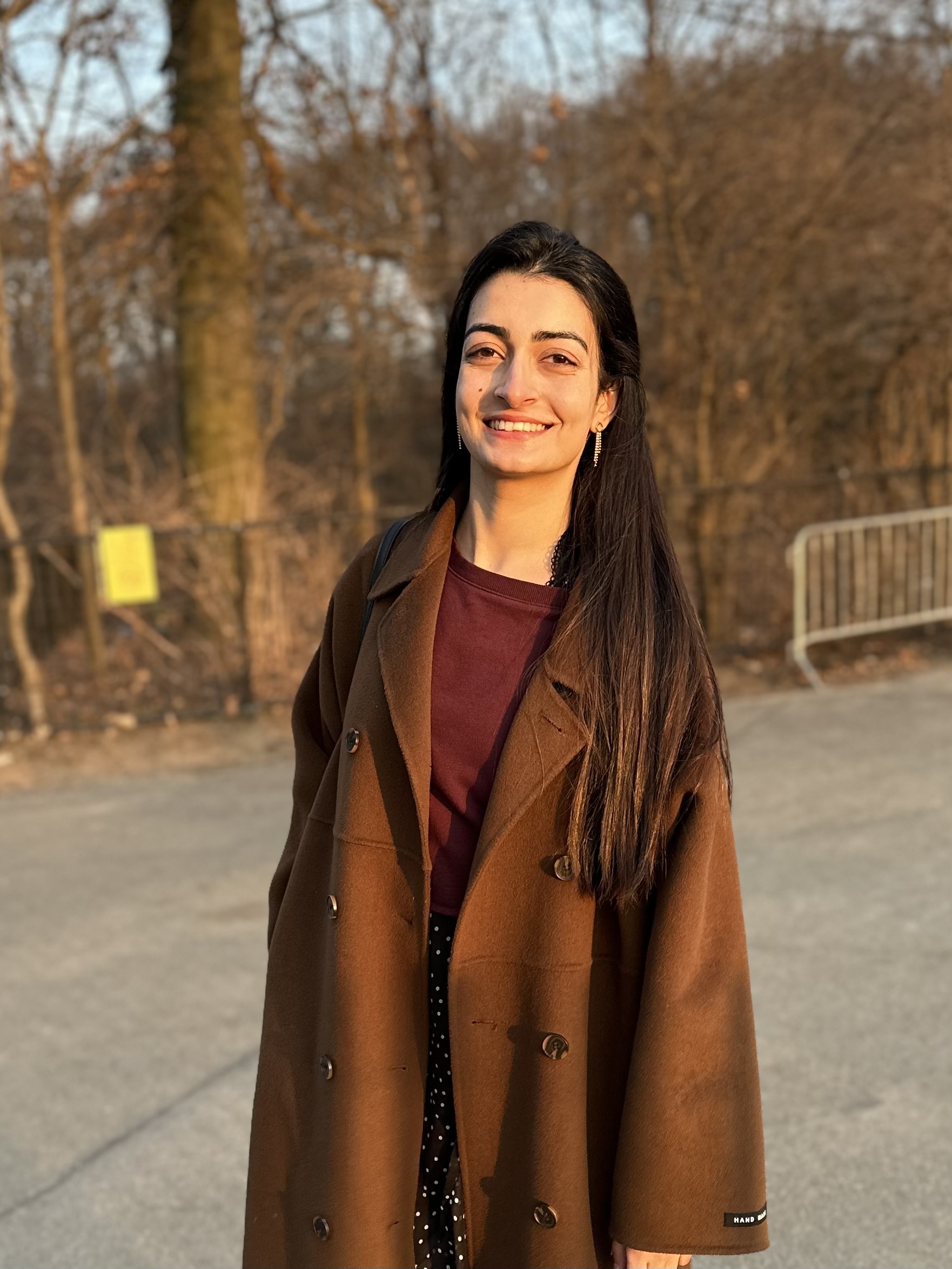SPI 352/COS 352: Artificial Intelligence Law
PRINCETON UNIVERSITY, FALL 2025
Location: Robertson Hall 016
Time: Thursdays 1:30pm-4:20pm
Instructor
Teaching Assistant
Course Description
This course examines the implications of artificial intelligence (AI), particularly foundation models, for law and public policy. We will cover how AI affects and reshapes legal doctrine and policy, including: intellectual property law, administrative law, anti-discrimination law, and more. Also covered will be emerging regulatory policies and legislative efforts around AI, as well as the limits of proposed approaches. Emphasis will be placed juxtaposing the legal and policy considerations with technical design decisions, in an interdisciplinary and accessible way. This course is suitable for students of all backgrounds; no technical knowledge is assumed.
Course Expectations & Grading
Components
- 📝 Reading Responses (25%): Due 5pm ET the day before class on Canvas. 1-2 pages, Times New Roman, 12 pt font, single-spaced. We’re mainly looking for your reflections: what you found interesting or confusing in the readings, points you disagree with, research ideas the readings sparked, etc. Consider readings two weeks ahead of a lecture to be locked in. Because this is a fast-moving field, I reserve the right to change readings >2 weeks ahead as new events materialize. Note: Some of the readings are lengthy in page count. It is okay to skip footnotes and skim portions that are repetitive. Important: You can skip two reading responses without penalty, and you can replace 2 additional reading responses with scribing - just let us know if you want to pick that option.
- 👥 Participation (20%): 20% of the grade will come from participation. That means attending lectures and being engaged during classtime, especially during breakout discussions. Starting week 2, we will have a panel system (like the Socratic method used in law schools!). If you're on the panel for the day, I may call on you directly with questions like: “Can you walk us through what happened in Bartz v. Anthropic?”, "What arguments can be made for or against this position?", "What’s your take on the court’s reasoning here?". You don't need to do extra work beyond the assigned reading, but you should be prepared to discuss the readings more actively. If you don't want to be called on, you can opt out of the panel participation system by doing the scribing option below! Note: This course is not being taught at a law school, but I’m going to treat it like a law school class (almost). I will make a best effort to provide necessary background as needed, but I might miss things at times. Please feel free to ask questions on the canvas discussion board on anything that you may be unfamiliar with. If you’re unfamiliar with it, chances are that others are as well. Don't be shy about asking questions or expressing uncertainty!
- ✍️ Scribing Option: In lieu of participation, you can choose to "scribe" class lectures, taking notes during the lecture and converting the notes into well-written prose in the style of a text-book chapter in LaTeX. This option is first-come, first serve based on a signup sheet starting week 2. (But if there are LLM hallucinations in the notes, this is null and void.) Scribe notes are due by Friday at 5:00 p.m. of the week following the class you signed up for.
- 📄 Final Paper/Project (55%):
- Literature Review & Project Proposal - October 25th (15%)
- First Draft - November 21st (10%)
- Final Draft - Dean's Day (30%)
- [Final Project Guidlines Doc]
Course Schedule
Things are moving fast in this field. We're restructuring the latter parts of the syllabus to accommodate new topics. Please do not go more than 2 weeks ahead in readings as things may change.
| DATE | TOPIC | LECTURE AGENDA |
|---|---|---|
| 9/4 | Preliminaries: What is AI? |
What kinds of AI do you immediately think of when you think "AI regulation?" Do a search on the web, what is your preferred definition of AI, and why? Do you think we even need to define AI in regulatory efforts at all, why or why not? Getting a sense for class interests. Required Readings:No required reading for first day of class. Lecture Notes: Optional Materials:
|
| 9/11 | Copyright |
Should model training be a fair use? What if the model outputs exact pieces of the training data? How much verbatim regurgitation by models should be acceptable? Do you think the courts should resolve this or should Congress step in, why or why not? Should humans have authorship rights in AI-generated content purely from prompting? Required Readings:
|
| 9/18 | Right of Publicity and Privacy |
How do you think we should regulate use of likeness? What does it mean for a voice clone or character to be too close in likeness to a real person? What if multiple people have similar voices? Should restrictions on use of likeness expire ever? What about elected officials, should we be more or less restrictive about use of their likeness? Required Readings:
|
| 9/25 | Tort Liability & Section 230 |
Should large language models be immune from liability under Section 230? What about recommendation systems? Where should we draw the line? What is considered reasonable care under a negligence standard in tort law? Required Readings:
|
| 10/2 | Free Speech and First Amendment |
As the conflicting readings suggest, there is significant grey area around the applicability of the First Amendment, what do you think the right position is? What makes you think this is the right position and how do you assess the "correctness" of your position? What are the consequences of taking one position of the other? Required Readings:
|
| 10/9 | Labor |
What tools can we leverage to constrain concentration of power under increased automation? What role should different areas of law play in this? Should we battle concentration of power at all? Do you think labor organizing will be effective for this? What about antitrust law? Required Readings:
|
| 10/16 | Fall Break | |
| 10/23 | Antidiscrimination Law |
What is your assessment of the complications of determining whether Facebook / Meta violated the Fair Housing Act? Do you agree with the resolution of the case? Do you think WorkDay should be liable for discrimination or should it be a problem only for direct employers? What if we go further upstream to OpenAI and other foundation model providers if they power WorkDay's service? Required Readings:
|
| 10/30 | National Security Threats & Uses, Export Controls, & The Executive's Power |
What are the pros and cons of a distributed state-level approach to AI regulation versus an approach relying on executive powers? What about comparing a pre-clearance regime to a post-deployment monitoring regime? How should we balance expanding national security powers around AI against containing the risks of AI? How does the first amendment interact with executive powers? Required Readings:
|
| 11/6 | The Government Using AI: Good and Bad |
Does it matter if a human is in the loop? If so, when and how can we make sure that humans are actually doing their job when they're in the loop? If not, why not? Are there government uses of AI that you're more or less comfortable with? Required Readings:
|
| 11/13 | Challenges for Regulators in the Administrative State |
Do you think the administrative state remains a viable option after recent supreme court jurisprudence? Is regulation better off in the hands of the states, or the executive? Required Readings:
|
| 11/20 | The Legal System after AI: Statutory Interpretation, Constitutional AI, and AI's Influence on the Legal System |
How will AI impact statutory interpretation? How will AI impact constitutional law? How will AI impact the legal system? Required Readings:
|
| 11/27 | Thanksgiving Recess | |
| 12/4 | Floating Topic (Based on Class Preferences) |
TBD |


